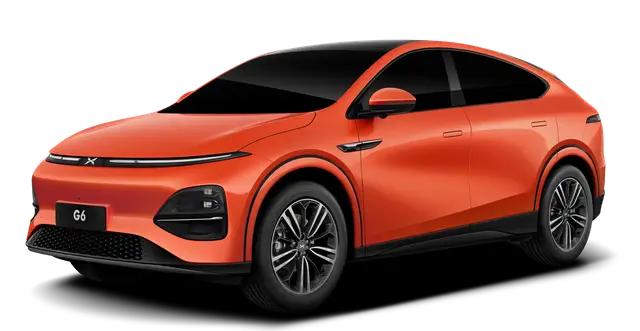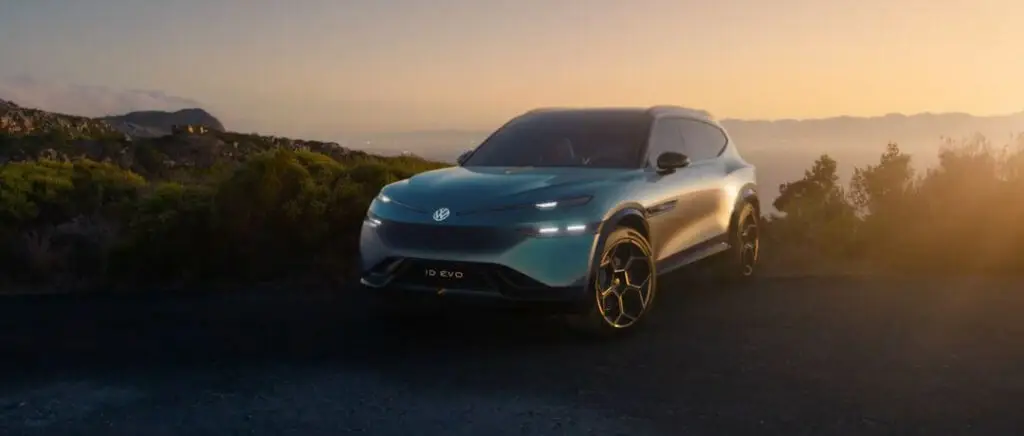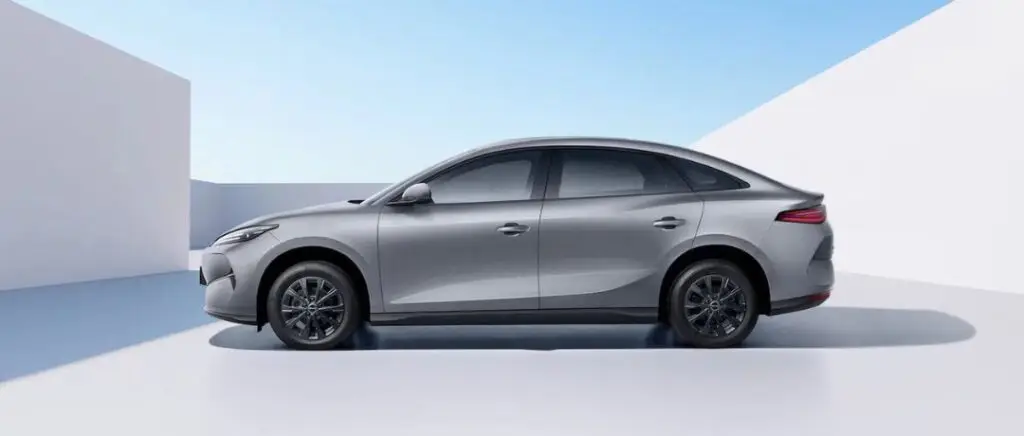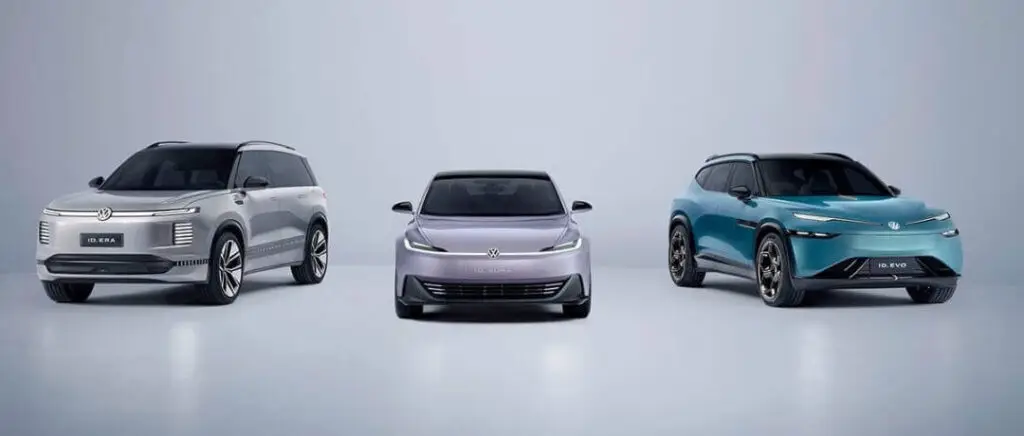What is a professional electric car?
As mentioned above, there are two types of electric vehicles professional. These cars are offered to employees free of charge as part of their work for the company. Company directors also use professional cars for their activities, which are often SUV or electric electric sedans.
They represent a very attractive benefit in kind for company employees, saving them from having to use their own cars in the first place, and thus from the costs associated with their use (recharging coststolls, maintenance costs, etc.).
The main purpose of electric company and service vehicles is to enable employees to use their own means of transport during working hours.and this, during their working hours. However, although they are closely related and frequently confused, they are not identical in all respects.
What's the difference between the two types of car?
During the working day, the electric company car makes it easier for employees to get around. The big difference with a company car is that the company gives the employee carte blanche over its use. The employee has the privilege of being able to use his or her electric company car freely, outside the workplace and for purely personal purposes.
However, there are limits to its benefits, and the employee is not free to do as he or she pleases. In principle, when an employer decides to entrust an electric company car to his employee, only he has the right to drive it. This is the case in the vast majority of companies. However, it is quite possible, by mutual agreement with the company and on an exceptional basis, to make an exception and allow the employee to share his or her company car with a third party if necessary.
He benefits from his company's insurance for himself and even for his loved ones. He can enjoy it at any time of the year, whether during the week, at weekends or even during school vacations. However, when he uses his company's electric company car outside his professional activity, all ancillary costs remain his responsibility, all ancillary costs remain his responsibility. The employer therefore has no expenses whatsoever.
The second difference with an electric service vehicle is not the least important. It is less well known. It is thehe employee who benefits from a company electric car can buy it back from the company at any time if he feels comfortable in it and wishes to use it on a daily basis. if they feel comfortable in it and wish to use it on a daily basis. The main advantage of this approach for the employee is that he can negotiate the purchase price with his company and obtain it at a preferential rate.
Can you use your company electric vehicle to go on vacation?
There is no precise answer to this question. There are no laws or regulations governing its use over long distances. Each company is free to establish its own rules on this point. We therefore strongly recommend that you find out from your line managers beforehand, so that you can leave with complete peace of mind.
Can you carpool with your company electric vehicle?
The law is quite clear on this point. Deriving a financial benefit from a car you don't own is strictly forbidden, whatever the nature of the activity. As the employee using the company's electric car is not its owner, it is logical that carpooling is strictly forbidden. Be careful, it could cost you dearly, and even lead to dismissal from the company!
Until December 31, 2022, discover several electric vehicle models available for delivery before Christmas!
Electric service car or company car?
Electric service cars are also known as "company cars", and are used by company employees to carry out their professional activities.
Indeed, a company electric vehicle does not belong to a specific employee. This is one of the major differences with the electric company car. It belongs first and foremost to the company which leaves it freely at the disposal of its employees according to their needs and requirements.
Nevertheless, employees must use this type of electric vehicle exclusively for professional purposes in the course of their work (e.g. an employee using a company car to travel from the head office to the worksite and back). He is therefore obliged to return it at the end of his working day.
The electric service car under the law
The law is therefore clear. URSSAF (Union de recouvrement pour la sécurité sociale et les allocations familiales) may even, in certain situations, require a company to let them check their fleet of company vehicles to ensure that they are not being used as electric company cars. In such cases, the company is liable to financial penalties.
However, in exceptional cases, the company can be flexible. It can allow its employees to use the company's electric car outside work. This is often the case for the journey from the employee's home to the workplace. Trade union delegates can also use the company car to carry out their duties. This will have no impact on them and does not constitute a benefit in kind, as these are occasional situations.
In any case, this situation remains at the company's discretion, and it can withdraw this right at any time, without asking the employee's opinion beforehand. Concerning the provision of electric service cars, they are not included in the employee's employment contract. The employer is therefore not required to pay any compensation or social security contributions if this benefit is withdrawn. There are very strict and precise regulations in place to avoid any disputes with your employer.
Accidents and offences: what does the law say?
Whether it's an electric vehicle or service vehicle, in the event of an accident, the procedure procedure is virtually identical to that for a conventional accident between private individuals. It begins with the drafting of an accident report, and then follows its own course.
Insuring your fleet of professional It goes without saying that it is compulsory for companies to insure their fleets of professional electric vehicles. Even more so forelectric vans transporting large quantities of goods or equipment. In the first instance, in the event of an unintentional accident, the company's liability will not be called into question. The same applies to the cost of repairing the vehicle, the insurance deductible and, unfortunately, if there are any victims to compensate.
However, in the case of an intentional accident, or in more serious situations such as driving under the influence of alcohol or drugs, the company is not liable in any way, and will not cover the costs, the company is not liable in any way, and will not assume any costs associated related to the incident in question. As a result, the employee will have to bear the entire cost, and is likely to be severely punished or even directly dismissed.
Unlike road accidents, the employee is fully liable for offences committed while driving his or her own electric vehicle (article L121-1 of the Highway Code). The exception is for fines such as speeding, illegal parking, failure to comply with the highway code, wearing a seatbelt, etc. The employer is the owner of the vehicle registration document, which is in the company's name.
He is therefore directly liable for any fines he receives, but he can easily waive them by reporting his employee. However, under no circumstances can he demand a deduction from his salary to reimburse himself. Last but not least, since November 18, 2016 and in the interests of transparency, employers are obliged to disclose the identity of employees who have committed an offence while using the company vehicle made available to him or her, on pain of being fined between €750 and €3,750.
It is therefore more than advisable for the employee to seek information to assert his or her rights and duties.
Electric business car: which one to choose for your business?
Companies have needs, and having professional electric vehicles to suit their employees is one of their top priorities when considering the acquisition or renewal of their vehicle fleet. Here are a few examples of electric cars that meet the expectations of certain professions:
- The Volkswagen ID.5 Pro with a range in excess of 500 km is ideal for employees with long daily commutes, such as sales staff. It's also ideal for personal travel. Beev offers this model for long-term rental at 616.59/month, 49 months/10,000 km, with a €2,000 down payment deductible from the environmental bonus.
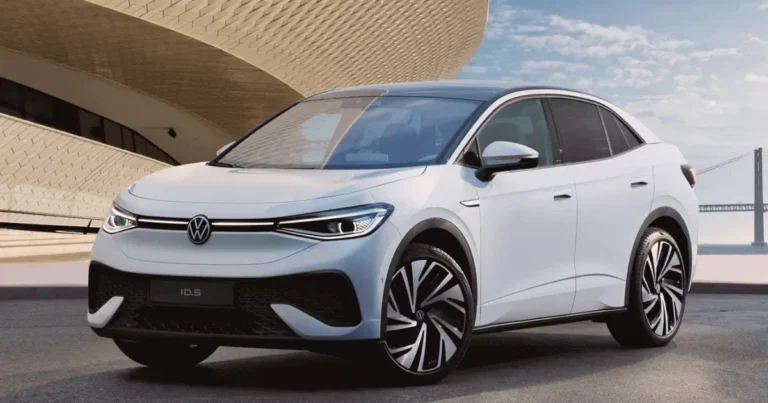
- Site workers have to carry large quantities of material on the move. The Renault Kangoo E-Tech meets their needs with its generous storage capacity. You'll find it on our website for €504.45 incl. VAT/month and 49 months/10,000 km/year, with a €5,000 down payment.

- Aimed at a more budget-conscious audience, the Bmw iX3 is ideal for a business owner. Its excellent performance will delight him both at work and outside. The German brand's SUV is available to rent now on Beev at 756.60 incl. VAT/month, 49 months / 10,000 km per year with no deposit.

Simply compare and find the vehicle that's right for you
In conclusion
As we have just seen in this article, for a company, the creation of a vehicle fleet of any size, or simply its renewal, is not a trivial decision. Each company has its own selection criteria. It needs to have electric vehicles adapted to its field of activity.
So it's vital that they meet the needs of employees, while staying within budget! We can therefore conclude that the trend is increasingly towards the electrification of companies, which are less and less reluctant to take the plunge!


